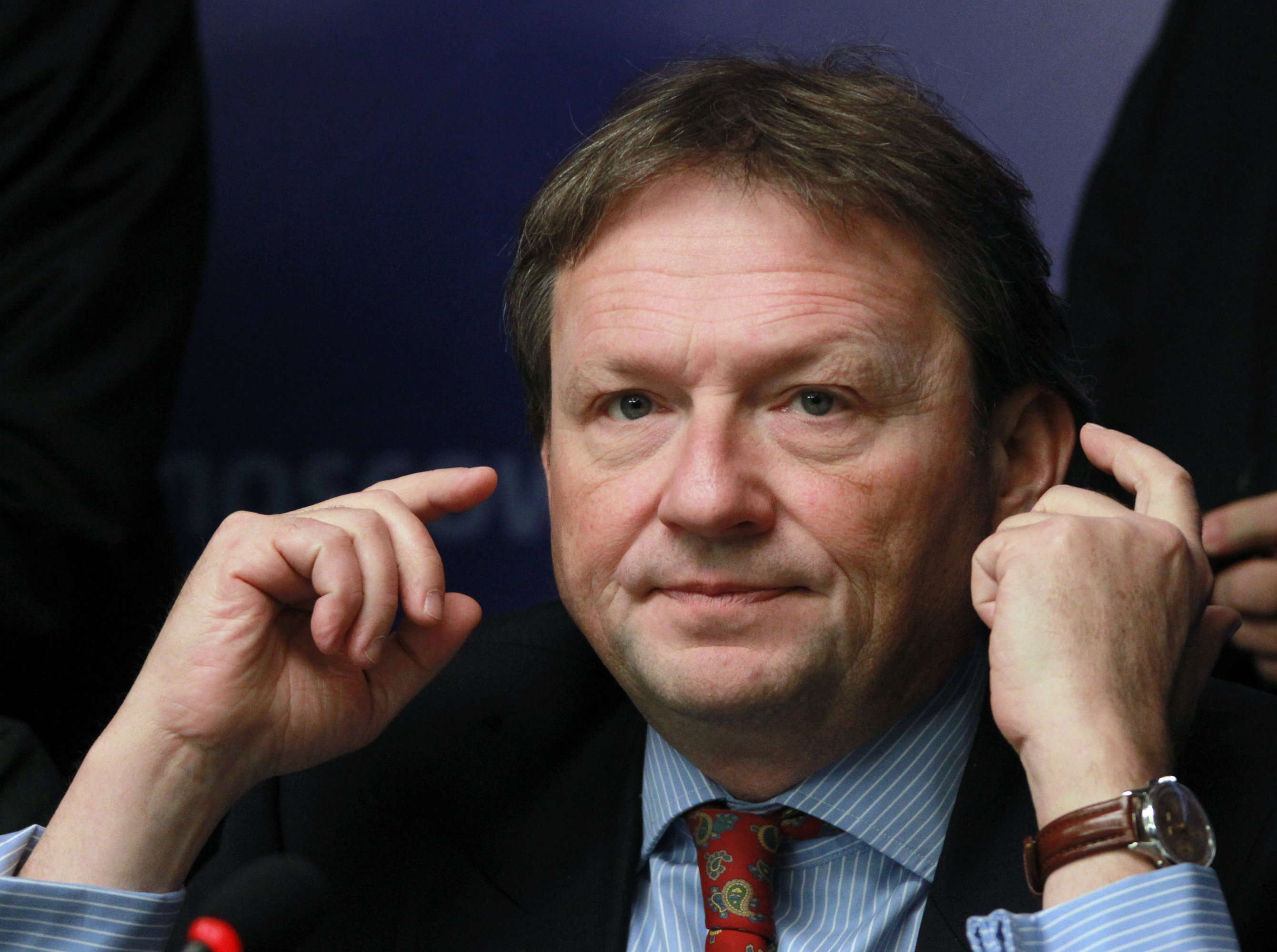MOSCOW, July 23 (RAPSI) - Economic amnesty is a measure which applies to the whole system, it would be very difficult to apply its rules to any person in particular, business rights ombudsman Boris Titov told a news conference on Tuesday.
"(...) There are no special decisions concerning particular persons", Titov said.
He thus commented on the cases of opposition leader and anti-corruption campaigning blogger Alexei Navalny and former YUKOS head Mikhail Khodorkovsky.
Navalny was found guilty of timber embezzlement Thursday stemming from a stint spent serving as an advisor to Kirov governor Nikita Belykh between May and September 2009. According to investigators, Navalny organized the theft of over 10,000 cubic meters of timber during that period in collusion with Vyatka Timber Company Director Pyotr Ofitserov and Kirovles CEO Vyacheslav Opalyov.
He was sentenced to five years in a penal colony, and his co-accused Pyotr Ofitserov received a four-year sentence. The two were held liable to pay a one million ruble fine between them.
The following day, Navalny and Ofitserov were released on bail pending their appeal. The request for their release was filed by prosecutors based on the fact of Navalny's candidacy for Moscow mayor, and the concern that he should be afforded the same rights as other candidates.
On July 2, the bill on economic crime amnesty was approved by the State Duma and will be executed over the next six months.
The resolution releases from criminal liability, regardless of the designated prison term, individuals convicted or held liable under 27 articles of the Criminal Code related to business activities. For the amnesty to take effect, a suspect or a convict has to return the property or compensate the damages to the complainants.
The amnesty applies not only to individuals serving prison terms but also persons who received non-custodial or suspended sentences or were convicted on parole.
Talk of a financial amnesty emerged after business rights ombudsman Boris Titov pleaded with the Duma to release 111,000 entrepreneurs from prison. He said many were pressured into breaking the law by flawed and overly strict financial regulations.



